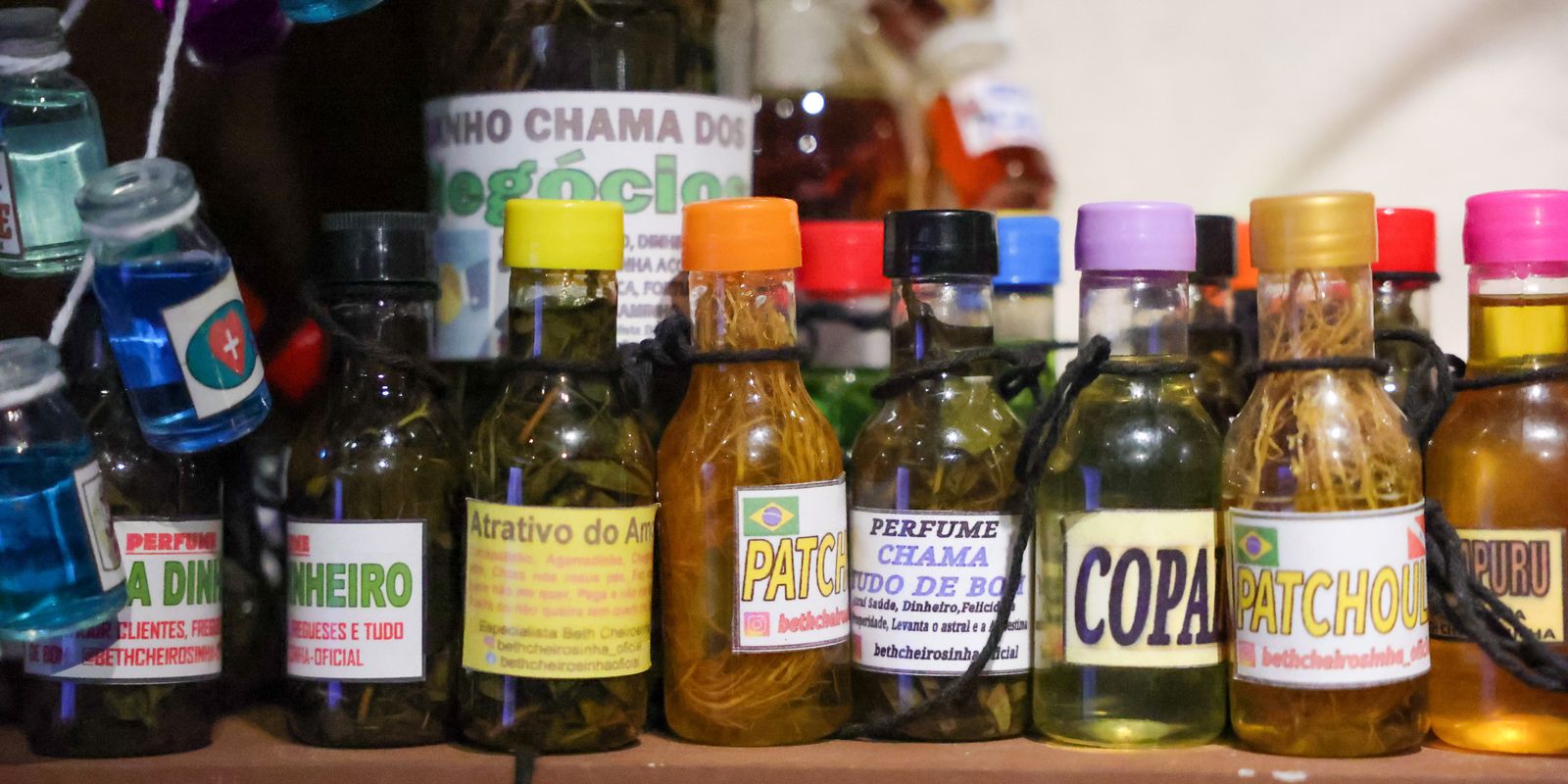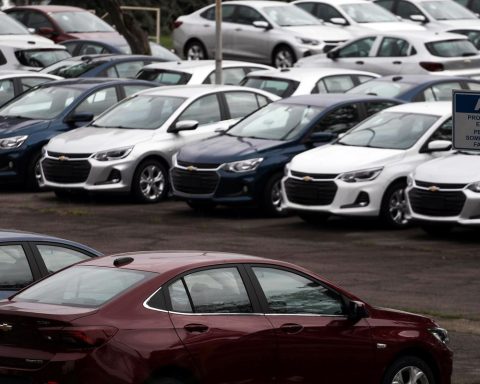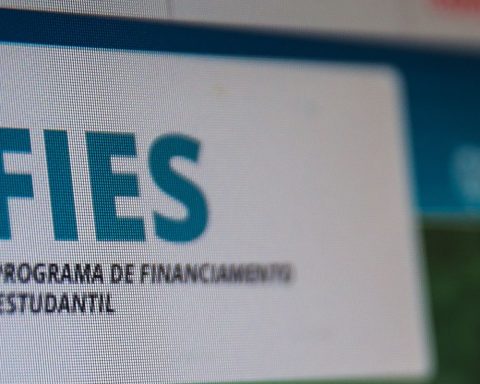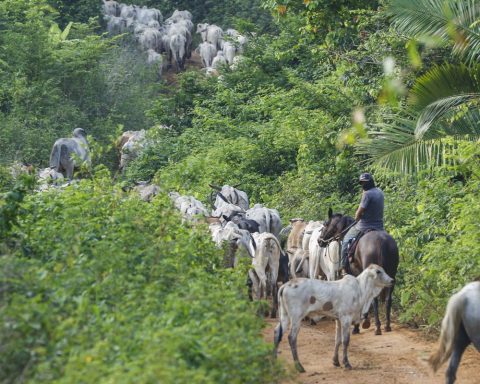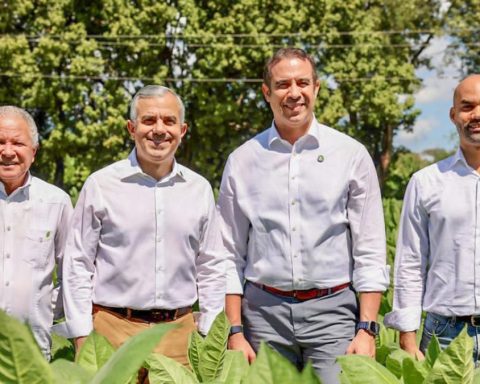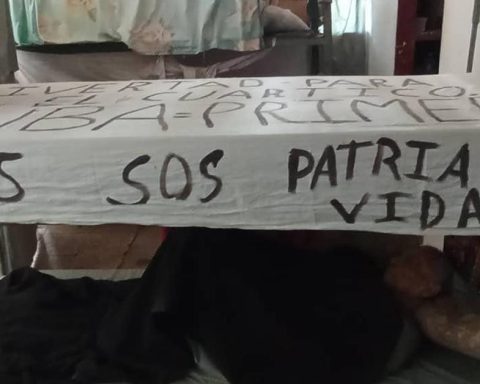Representatives of the G20 approved this Wednesday (11) a declaration that establishes ten principles for developing the bioeconomy in the world. The preparation of the document is the result of discussions at the 4th meeting of the G20 Initiative on Bioeconomy (GIB), which has been taking place in Rio de Janeiro since the beginning of the week.
Brazil, which currently presides over the G20, celebrated the consensus on the text as a historic achievement. The bioeconomy is a concept that involves innovations based on biological resources, which result in the development of more sustainable products, processes and services. One of the main discussions associated with the topic is the replacement of fossil-based raw materials with less polluting ones.
“This is the first time that the topic of bioeconomy has been the subject of a multilaterally agreed document,” says a note released by the Brazilian presidency of the G20.
“The bioeconomy is based on the most advanced science and traditional knowledge built over centuries by indigenous peoples and traditional communities, and represents a promising path for the ecological transition towards a more sustainable and inclusive global economy,” the text adds.
Entitled “High-Level Principles on the Bioeconomy”, the declaration establishes the agreement between countries to develop efforts to eradicate hunger and poverty, include indigenous peoples and local communities, mitigate the effects of global climate change, contribute to the conservation of biodiversity, promote sustainable consumption and production patterns, use transparent methodologies to assess the sustainability of value chains and leverage innovation through international cooperation, among other topics.
THE full document is available to the public.
News
The creation of the GIB to discuss issues related to the bioeconomy is one of the new initiatives presented by Brazil’s presidency of the G20. It aims to encourage countries to share successful experiences related to the topic.
The G20 is made up of the 19 largest economies in the world, including the European Union and, more recently, the African Union. The group has established itself as a global forum for dialogue and coordination on economic, social, development and international cooperation issues.
In December last year, Brazil succeeded India as president. This is the first time the country has held this position under the current G20 format, established in 2008. At the end of the year, Rio de Janeiro will host the G20 Summit, and the presidency of the group will be transferred to South Africa.
The 4th GIB meeting was attended by presence of the minister of Environment and Climate Change, Marina Silva.
“We are dedicated to exchanging experiences between countries, addressing fundamental issues such as forest economies, the strategic use of biodiversity, including its genetic heritage and traditional knowledge associated with biotechnology, bioindustrialization and biosafety, among other essential areas. Our purpose today is to establish guiding principles that will serve as a basis for the development of the bioeconomy, in its various aspects”, Marina stated earlier.
